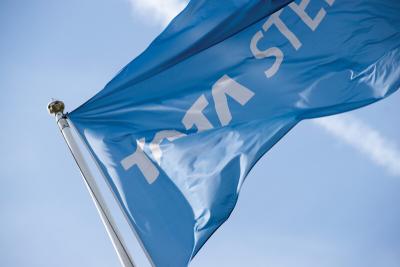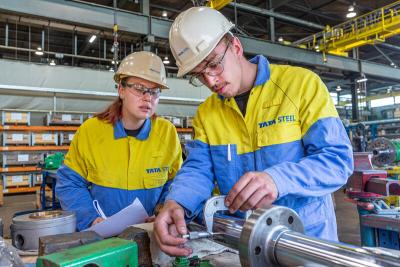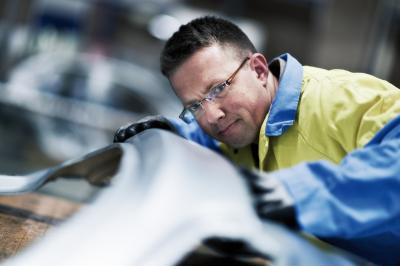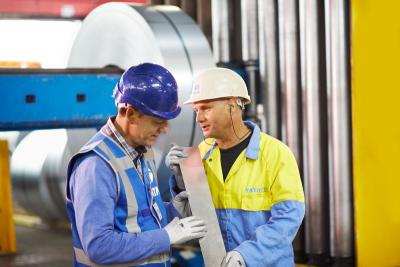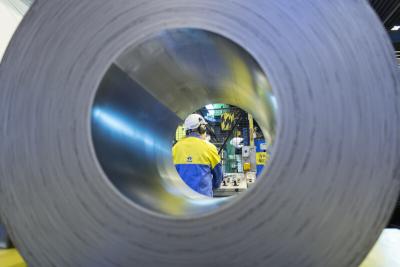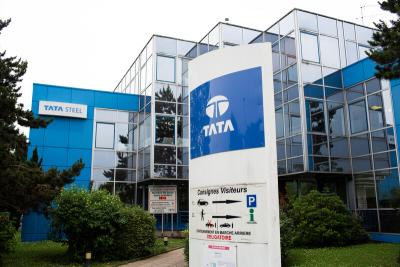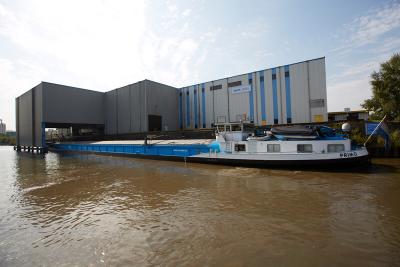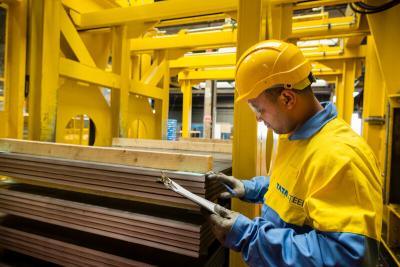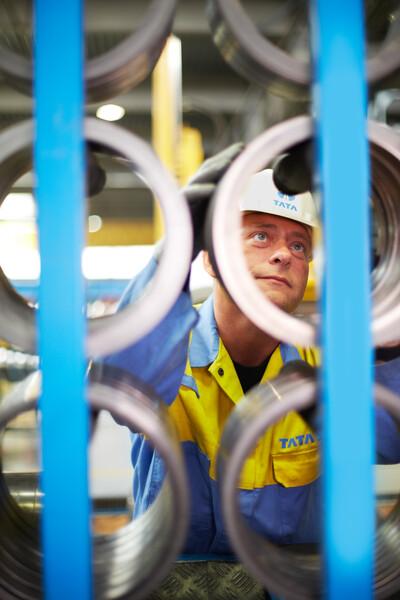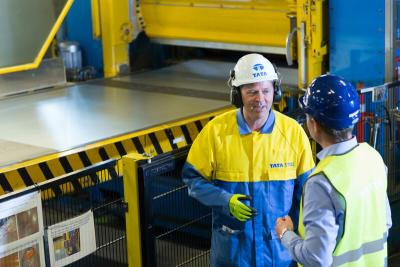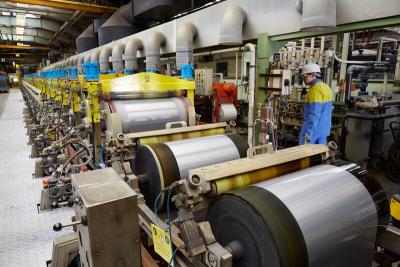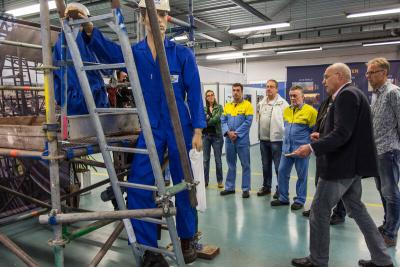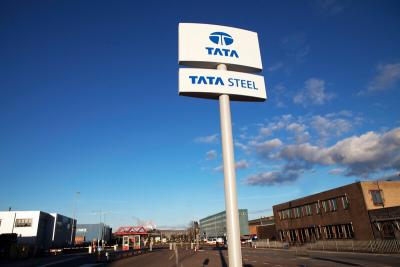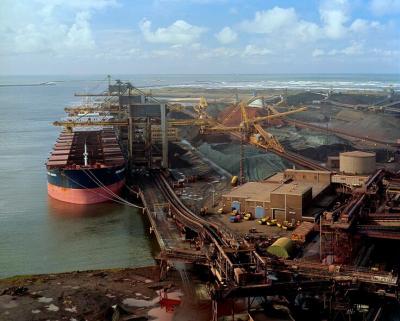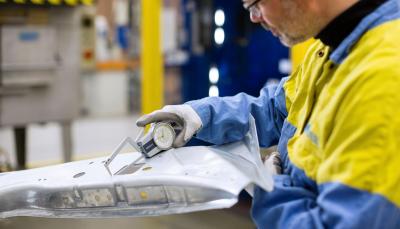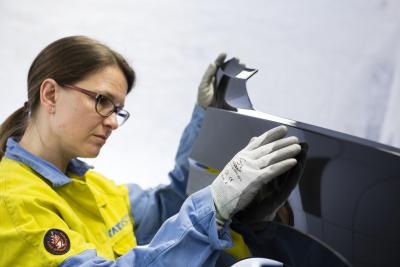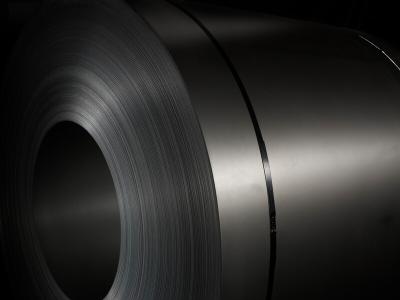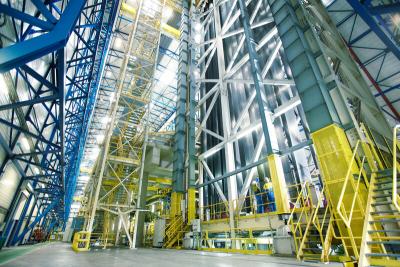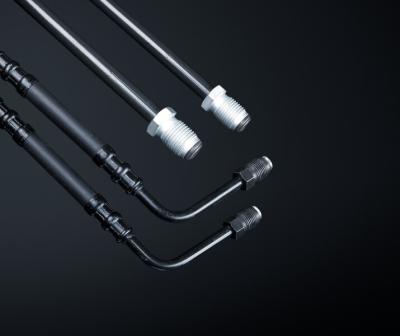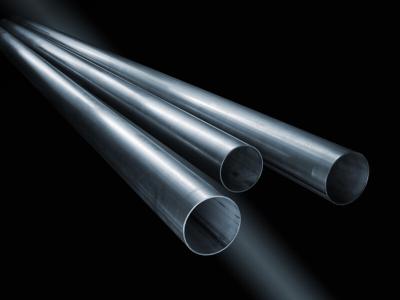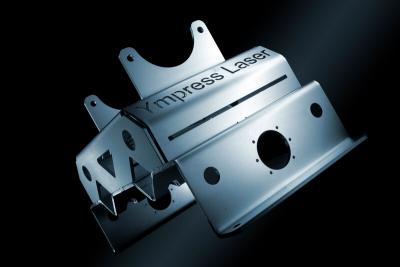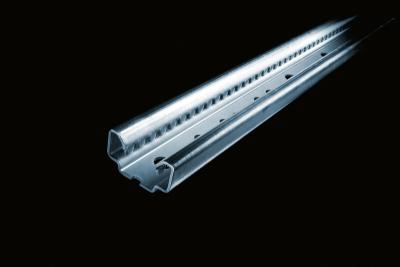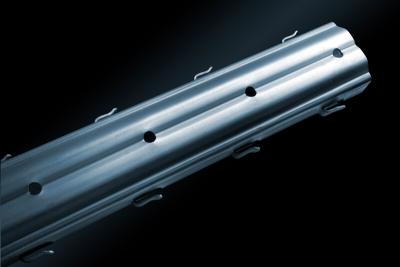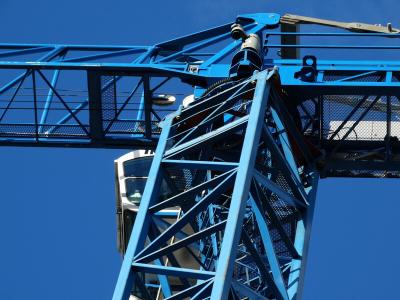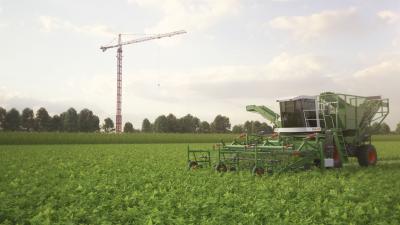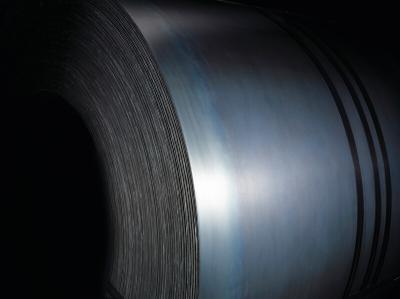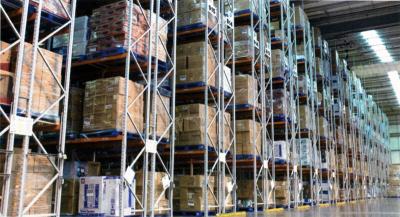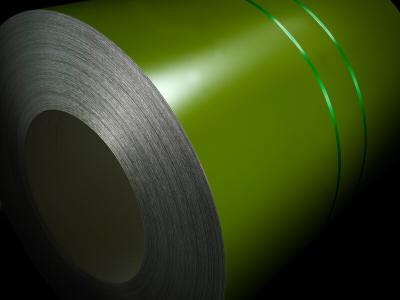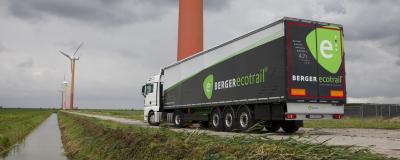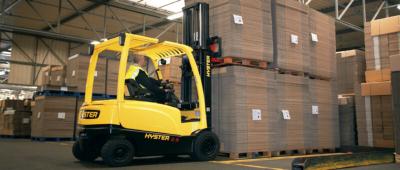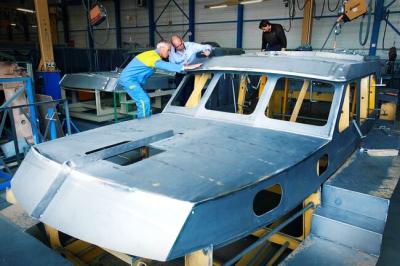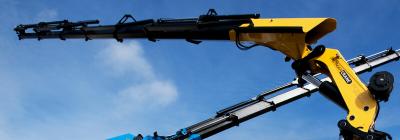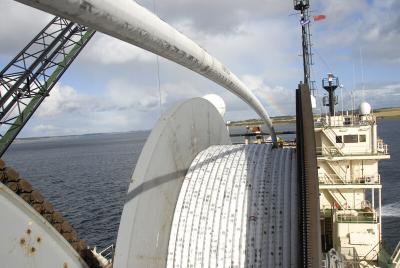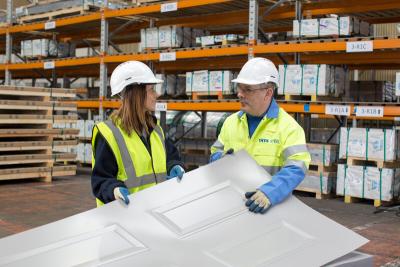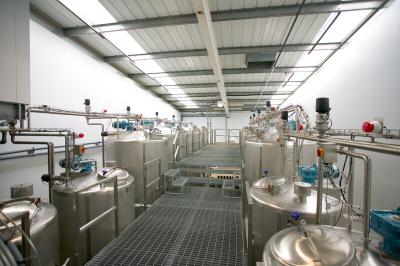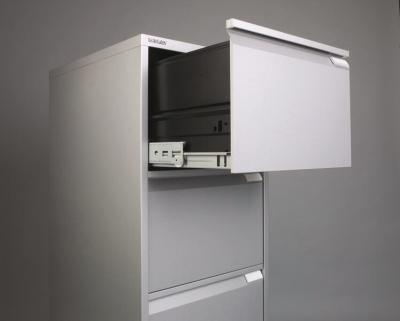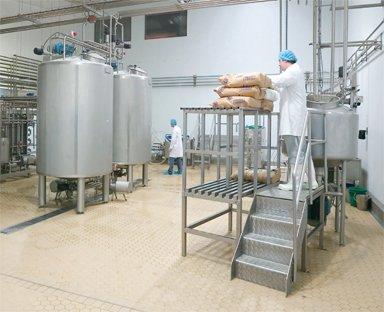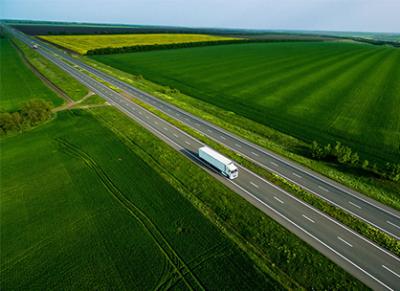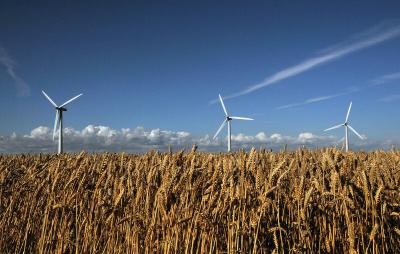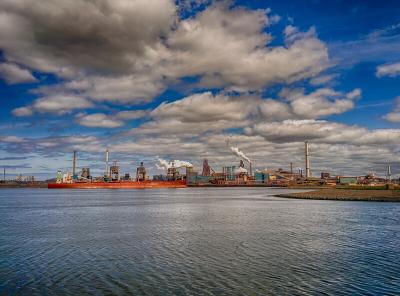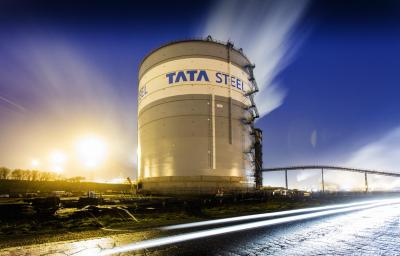In support of this vision, the core Tata values are applied throughout the organisation. Furthermore, the company seeks to apply the same principles throughout its supply chains.
As a company Tata Steel recognises the importance of identifying risk in the supply chain, taking a due diligence approach and actively operating according to a Responsible Procurement Policy, which covers health and safety; fair business practices; environmental protection; human rights and local community development.
Tata Steel Europe’s products are BES 6001 certified, which, in addition to confirming its sites are operated responsibly, demonstrates, through third party assurance that constituent materials in its products have been responsibly sourced. In addition, Tata Steel in India and Europe have been identified as global leaders in engaging with suppliers on climate change - ranking in the top three percent of organisations assessed by CDP* on its Supplier Engagement Leaderboard.
*CDP is a not-for-profit charity which runs the global disclosure system for investors, companies, cities, states and regions to manage their environmental impacts.
EN-Procurement-Responsible Procurement policy
Tata Steel Responsible Procurement Policy
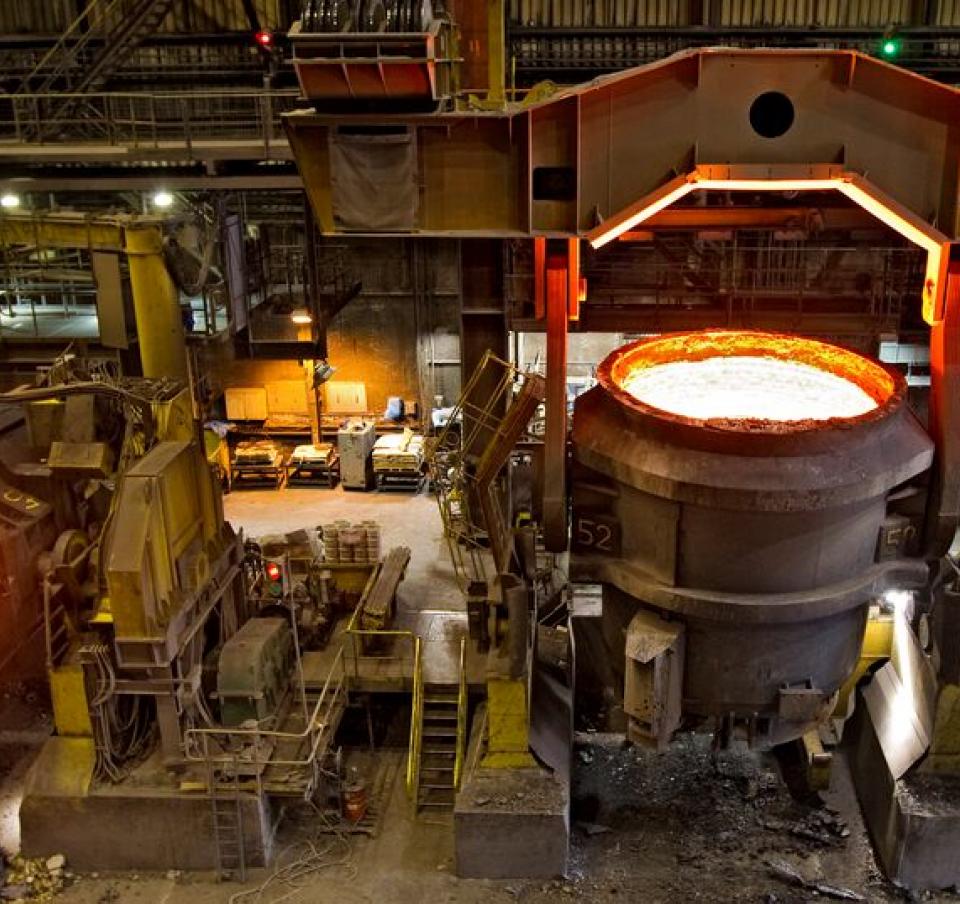

Tata Steel has joined forces with global steel-making standards organisation ResponsibleSteelTM. ResponsibleSteel is a non-profit organization with members from every stage of the steel supply chain. It has developed an independent certification standard and program for sustainability in the industry.
The goal of ResponsibleSteel is to find solutions to produce steel in a responsible manner. This offers customers and consumers even more confidence that companies that join are committed to reducing CO2 emissions, creating jobs and protecting the environment and society.
All of Tata Steel’s operations in 26 countries have signed up to ResponsibleSteelTM. As part of the Tata Steel family, this membership gives our customers even greater confidence that they are buying their products from a company which is committed to responsible business practices. That is important because it is increasingly what consumers are quite rightly expecting of them. Joining ResponsibleSteel is part of our larger sustainability strategy and a joint initiative with our parent company Tata Steel Limited.
EN-Corporate-News-2020-Tata Steel makes further commitment to responsible steelmaking around the globe
Tata Steel makes further commitment to responsible steelmaking around the globe
Tata Steel works independently and with suppliers, industry peers and other stakeholders to improve traceability and ensure responsible sourcing of minerals.
Reaching full traceability of minerals requires time and effort across the industries and collaboration from all parties in the supply chain. This is due to the complexity of the way metals are produced and sold, and to the fact ores from many different sources can be combined. Once a mineral is smelted, any characteristics of the ore, or its origin, are gone and in the process the sources for metals used, multiply quickly. This is why industry-wide cooperation is so important to ensure ethical sourcing.
Tata Steel has deployed due diligence activities that ensure full compliance with Dodd-Frank rules and regulations with regards to conflict minerals, and to fulfil the European Commission’s proposal to undertake supply chain due diligence in order to identify and mitigate the risk of conflict financing and human rights abuse. These are: tin, tantalum, tungsten and gold (3TG), in the form of ore as well as refined materials. These due diligence guidelines form the basis of the selection of tin producers regarding Corporate Social Responsibility (CSR).


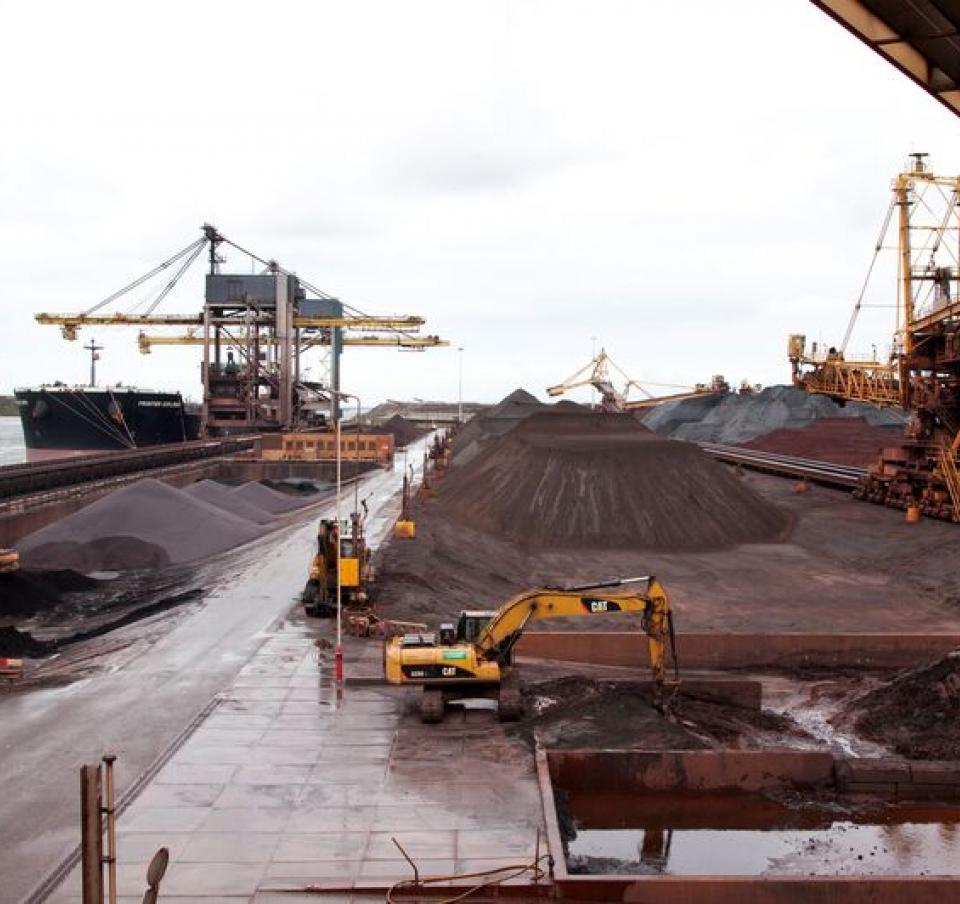

Tin, one of the conflict minerals, is an important raw material for Tata Steel’s packaging steels.
The company has implemented a policy to never knowingly purchase tin from the Democratic Republic of Congo (DRC). Moreover, it provides financial support to the International Tin Research Institute’s Tin Supply Chain Initiative, a project to stimulate economic growth and stability in the DRC and to monitor and certify tin ore.
Tata Steel expects all its suppliers to operate responsibly by implementing similarly responsible procurement policies which support its ambition to sustainability across the supply chain. It requires suppliers operating in regions recognised as having a high risk of human rights abuse to adopt suitable and robust human rights policies and procedures. Tata Steel therefore takes a specific position on materials from certain territories on the basis of ethical concerns.
Tata Steel is keenly aware of the responsibility that the steel industry has globally and works with industry partners to drive the implementation of the Organisation for Economic Cooperation and Development (OECD) Due Diligence Guidance for Responsible Business Conduct.
The company’s responsible procurement processes have matured over time and are certified as meeting the BES6001 standard for most of the product portfolio.
Tata Steel Europe has signed an International Responsible Business Conduct (IRBC) agreement in the Netherlands to continue to implement supply chain due diligence in its procurement practices. The company considers the IRBC agreement, signed in 2019, to be a unique partnership through which parties can support and assist each other in complying with the OECD Guidelines for Multinational Enterprises. And although this is driven by the Dutch government, it will impact the European and global procurement practices of Tata Steel in Europe.
Another good example is the company’s membership of the Responsible Minerals Initiative (RMI). This organisation offers companies and their suppliers an independent, third-party audit which determines which smelters and refiners can be verified as having systems in place to responsibly source minerals, in line with current global standards.

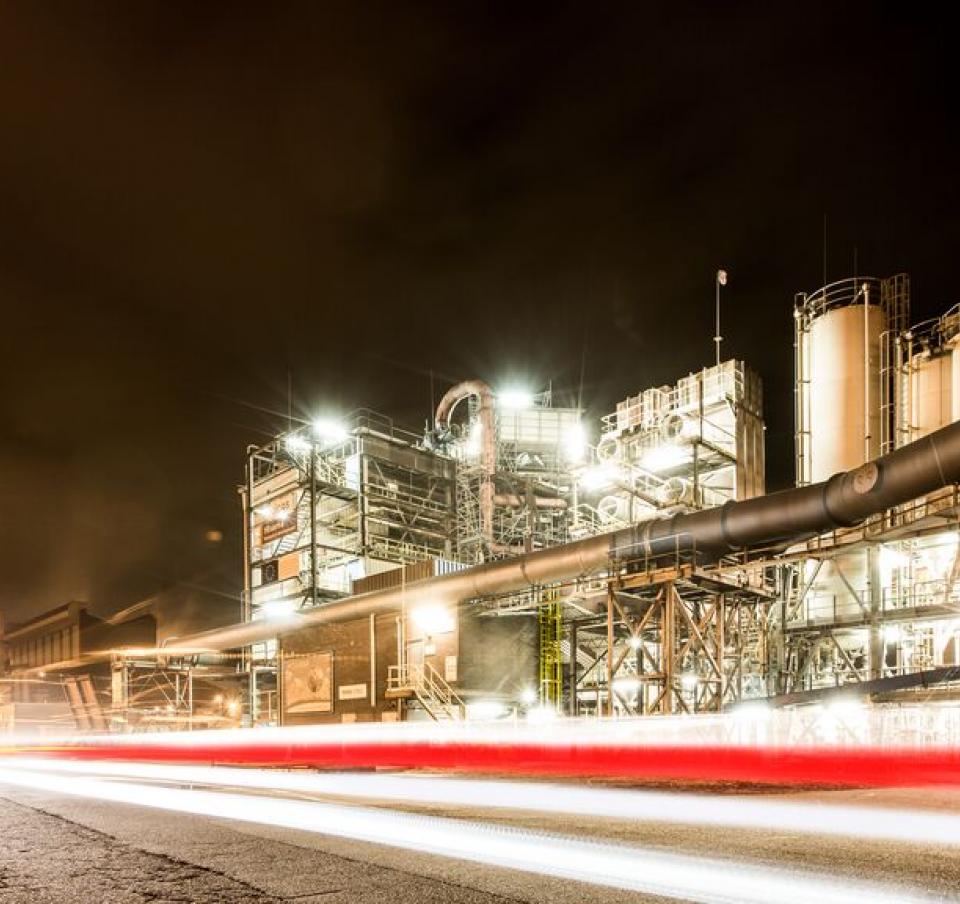
Downloads



